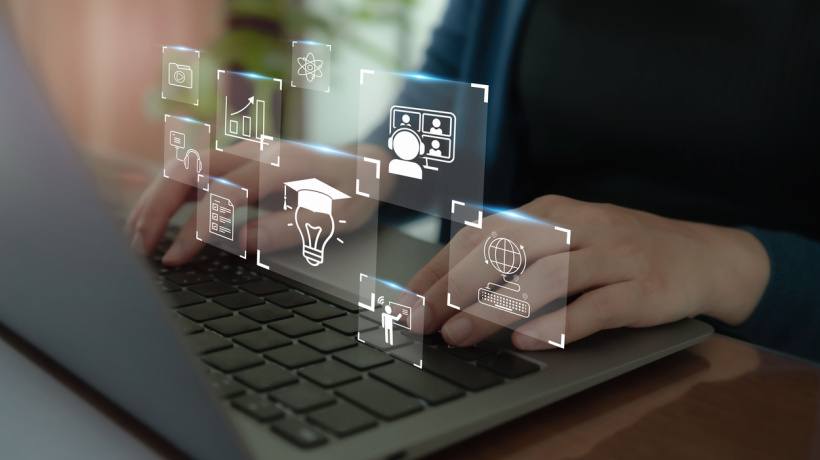In an era where education is increasingly recognized as a diverse and multifaceted endeavor, personalized learning stands out as a pivotal innovation. This educational approach tailors the learning process to the unique needs, skills, interests, and pace of each student, moving away from the traditional one-size-fits-all model. Here, we explore the numerous benefits of personalized learning and how it is reshaping the educational landscape.
Enhanced Engagement and Motivation
Personalized learning strategies are designed to engage students by addressing their individual learning styles and interests. When students feel that the material speaks directly to their preferences and real-life applications, their intrinsic motivation increases. This heightened engagement leads to better attendance rates, lower dropout rates, and more enthusiastic participation.
Key Insight: Educational platforms that incorporate elements like gamification, interactive content, and real-world scenarios report higher levels of student engagement and satisfaction.
Improved Learning Outcomes
By adapting the pace and complexity of the curriculum to match each student’s capabilities, personalized learning ensures that all students, regardless of their starting level, can achieve mastery in various subjects. Advanced learners are not held back, and those who need more time do not feel rushed. This approach maximizes learning efficiency and effectiveness for each student.
Example: Students using AI-driven personalized learning platforms like NeuralMinds have shown significant improvements in test scores across subjects compared to their peers in traditional learning settings.
Increased Retention Rates
Personalized learning enhances the retention of information by allowing students to learn at their own pace and in ways that are best suited to their individual learning styles. This tailored approach helps cement knowledge more effectively and fosters a deeper understanding of the material.
Statistical Highlight: Studies have shown that personalized learning can increase retention rates by up to 60% compared to traditional teaching methods.
Development of Critical Thinking and Problem-Solving Skills
One of the cornerstones of personalized learning is its focus on developing critical thinking and problem-solving skills. By offering challenging tasks tailored to the level of each student, personalized learning encourages learners to think critically and solve complex problems, preparing them for real-world challenges.
Impact: Learners equipped with strong problem-solving skills are better prepared for the workforce and can adapt more easily to various professional environments.
Fostering Lifelong Learning
Personalized learning promotes a continuous learning mindset that extends beyond the classroom. It encourages students to take ownership of their learning, with adaptive learning paths that help them identify their strengths and areas for growth. This approach builds confidence and instills a love for learning that lasts a lifetime.
Long-term Benefit: Students trained under personalized education systems often continue to engage in self-directed learning well into their careers, constantly updating their skills in response to changing industry demands.
Conclusion
The benefits of personalized learning are clear and impactful. As educational technology evolves, incorporating personalized strategies becomes increasingly feasible and effective, making education more adaptable, inclusive, and successful. Schools and educational platforms that embrace this approach not only improve academic performance but also equip students with the skills necessary to navigate the complexities of modern life.
Personalized learning isn’t just the future of education; it’s a necessary evolution to meet the diverse needs of today’s learners. As we continue to advance technologically, the implementation of personalized education will become more refined and widespread, further enhancing its benefits and transforming how we teach and learn.

